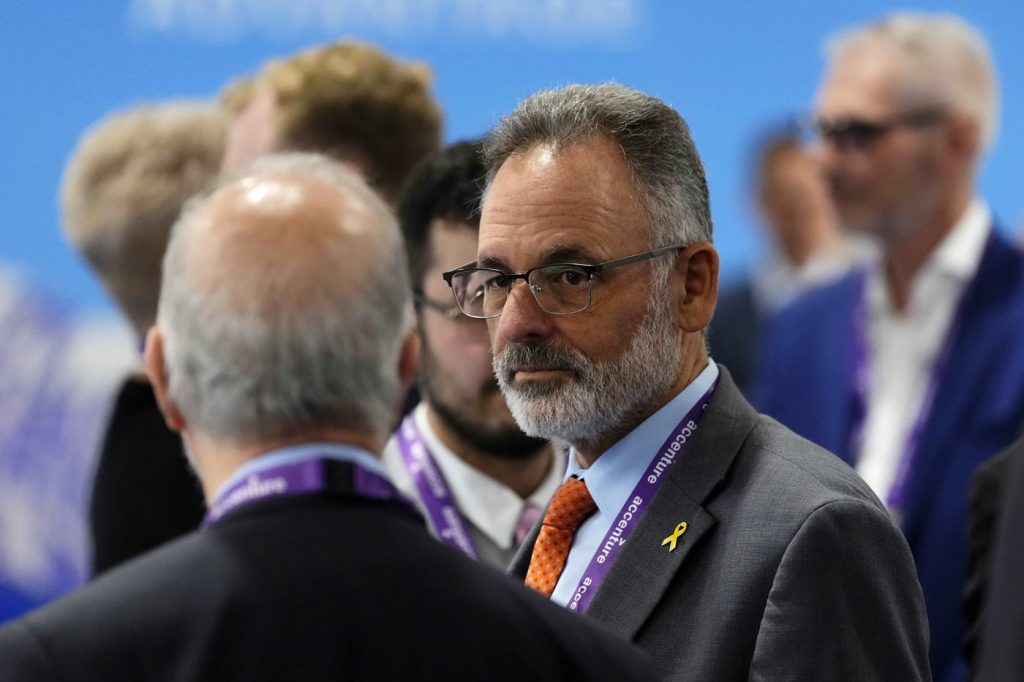Relations between Canada and Israel appear to be cooling, with Israel’s ambassador in Ottawa warning that communications have “deteriorated” since Prime Minister Mark Carney took office earlier this year.
Ambassador Iddo Moed told The Canadian Press that the Carney government has been far less receptive to dialogue, particularly on the issues of Gaza and Palestinian statehood. He suggested that Carney’s decision to adopt what he described as a “hard line” toward Israel is a key reason why Prime Minister Benjamin Netanyahu has yet to hold a phone call with his Canadian counterpart.
Carney’s government joined Britain and France in May to demand an end to Israel’s military campaign in Gaza and pledged sanctions if restrictions on humanitarian aid were not lifted. Ottawa later recognized a Palestinian state in September, further straining ties. Moed said his embassy attempted several times to engage in consultations before and after those announcements, but the efforts were unsuccessful.
“My impression is that once the decision was made, there was no room for any further dialogue,” Moed said, adding that while his office has sought meetings through official channels, no formal diplomatic protest has been lodged.
The ambassador also linked the tense atmosphere to Carney’s quick response during the election campaign, when the then-candidate spoke of an arms embargo after a protester accused Israel of genocide. Netanyahu criticized Carney during the campaign and, since his election win, has neither congratulated him nor spoken to him directly.
The cooling of ties comes as divisions within Canada’s political landscape over Israel-Palestine deepen. Former Israeli prime minister Ehud Olmert recently came to Carney’s defence, saying Canada remains a friend of Israel and endorsing Carney’s pursuit of a two-state solution — a position Netanyahu firmly rejects.
Meanwhile, Canadian officials insist they have tried multiple times to arrange a call between Carney and Netanyahu without success, though Carney did briefly meet Israeli President Isaac Herzog at the papal inauguration in May.
Observers say the political cost of speaking too loudly on the conflict may explain the silence. Political scientist Jonathan Malloy notes that the issue has become so polarizing within Canadian politics that most leaders now avoid it. He said the NDP continues to advocate for Palestinian rights, the Conservatives largely back Israel, while Liberals remain divided between their Jewish and Arab supporters.
As tensions rise abroad and at home, Carney’s government faces the challenge of balancing a firm foreign policy stance with the domestic political risks that come with it.

